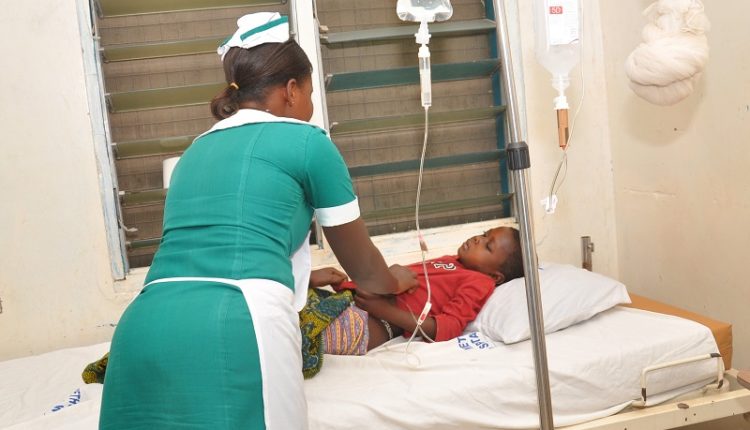Regional Director of Health Services, Dr. Winfred Ofosu, has said Community-Based Health Planning Services (CHPS) is the backbone of quality health care delivery in the attainment of the Sustainable Development Goals (SDGs).
He said before the introduction of CHPS, access to essential health services was lacking in most communities, however, the CHPS concept had moved health services to the doorsteps of the people, thereby addressing inequalities in access to health care, which is expected to contribute to the achievement of Universal Health Coverage (UHC) by 2030.
The Regional Director said this at Bolgatanga in the Upper East Region during a dissemination forum on the implementation of the ‘CHPS for Life’ project.
The programme was jointly organized by the Ghana Health Services (GHS) and the Japan International Cooperation Agency (JICA).
CHPS for Life project, which seeks to build a resilient and robust community health system in Ghana to meet the needs of all persons by strengthening community-based health services and focusing on Life-Course Approach is being implemented in the Northern, Upper East and Upper West Regions.
The five-year project, which emphasizes on health care for all, is being implemented by the Ghana Health Services and has financial and technical support from the government of Japan through JICA.
The project seeks to enhance GHS capability to administer CHPS policies to expand functional CHPS, improve knowledge and skills of community health officers and introduce referral system to CHPS, health centres and hospitals across the country.
Dr Ofosu indicated that the CHPS for Life project was a very important tool in promoting community and household education, leading to community participation, ownership, and empowerment.
The Regional Director noted that through the project, the capacities of health managers had been strengthened for effective implementation of the life-course approach, and about 257 CHPS zones staff received technical training on community health officers and 1,562 health workers received training on effective and improved referral systems such as standard protocols and documentation.
Through the project, Dr Ofosu noted, CHPS database had been developed to ensure that current data were available for effective implementation of CHPS, and added that 12 pilot CHPS zones have been established as learning centres and this has promoted community participation and engagements leading to improved health services delivery in the communities.
He commended JICA for the project and said in the Upper East Region, about 43 percent of the population was under CHPS zones and said there was therefore the need for investments to ensure that places that needed CHPS were covered.
The Regional Director, therefore, called on other regions to adopt and invest in the interventions to help accelerate the attainment of the SDGs particularly goal three, which put emphasis on access to quality and equitable health services by all persons by 2030.
GNA


Comments are closed.